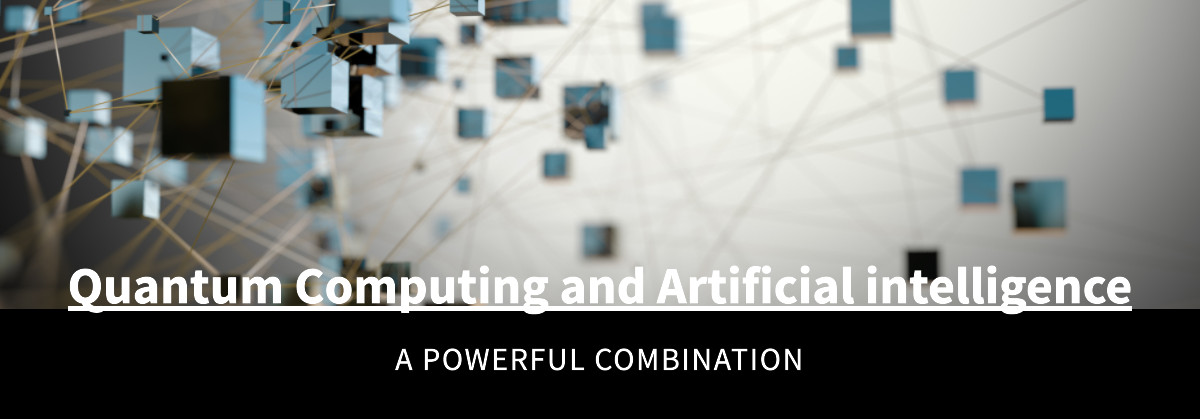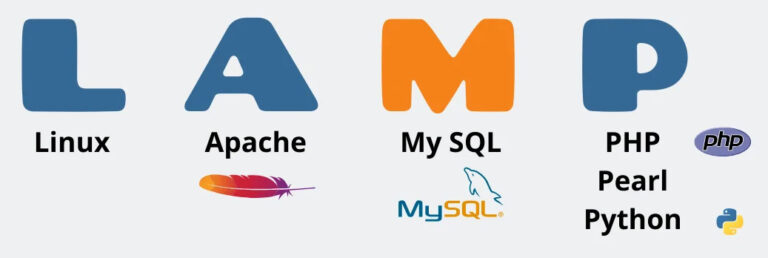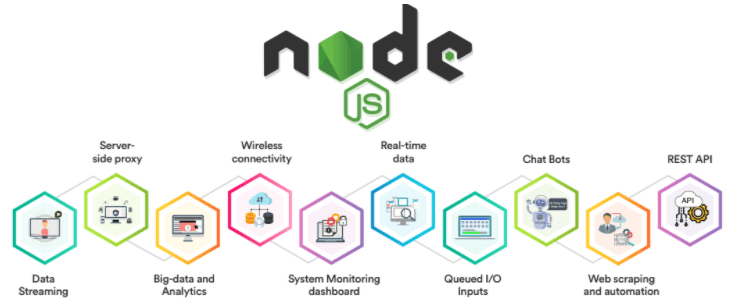Quantum Computing and AI: A Powerful Combination
Artificial intelligence (AI) and quantum computing are two of the most revolutionary technologies in use today. By resolving issues that conventional computers are unable to handle. Quantum computing has the potential to completely transform a variety of industries, from materials research to the health industry. Our lives are already significantly impacted by the ability of AI, and the power of quantum computing may increase its potency.
One of the most exciting prospects in technological development is the union of quantum computing and artificial intelligence (AI). Solving complicated problems at previously unthinkable speeds, quantum computers have the potential to transform the way we approach AI.
Quantum Computing and AI: A Symbiotic Relationship
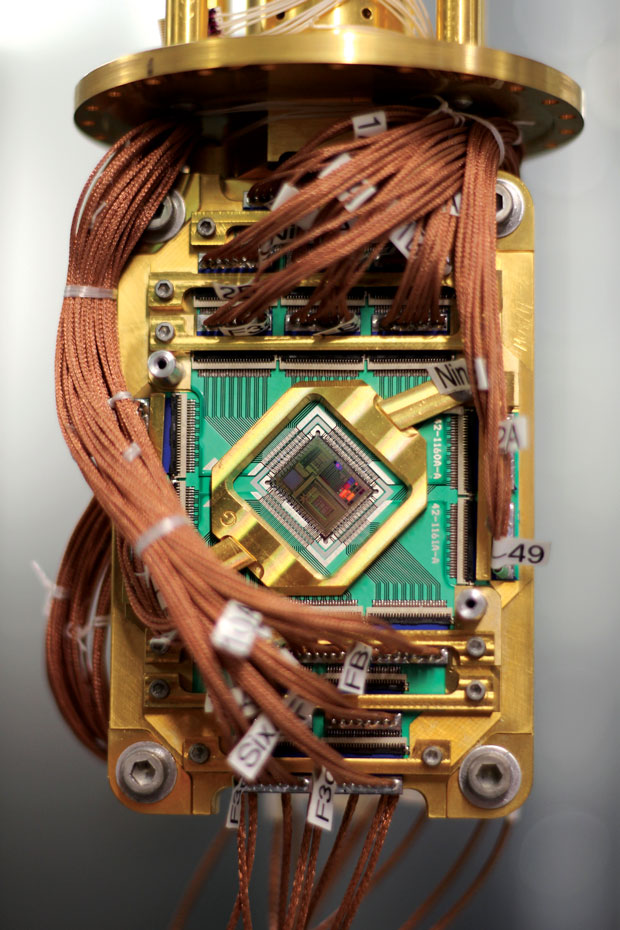
When it comes to handling difficult AI problems, quantum computers, which apply the ideas of quantum mechanics, have an inherent edge over classical computers. To understand how the symbioses works, we will look more closely at quantum computing’s ability to change and broaden the scope of AI. Here are a few examples of current applications of AI and quantum computing together:
- Financial modeling: More precise and effective financial models can be created using quantum computers. JPMorgan Chase is creating new risk management tools utilizing quantum computing.
- Materials science: Using quantum computers, new materials can be created that have desired characteristics, such as being stronger and lighter for use in cars and airplanes. IBM and Samsung are working together to develop new battery materials using quantum computing and AI.
- New medicines: By simulating the behavior of molecules and proteins with quantum computers, researchers can create new medications and cures for ailments. Google AI and Pfizer are working together to employ quantum computing to speed up the discovery of new compounds.
- Machine learning: New AI driven algorithms that are more potent and effective than existing algorithms can be created for use on quantum computers. Microsoft is developing new machine learning algorithms for image and natural language processing (NLP) and creation of deployable large language models like BERT and GPT, but supercharged for quantum computers.
Quantum Code: A Glimpse into the Quantum Realm
Here, we’ll provide snippets of code that showcase the fusion of quantum computing and AI. This code simulates a coin flip using a quantum computer. The h( ) gate is a Hadamard gate, which puts the qubit in a superposition of the |0⟩ and |1⟩ states. The measure ( ) gate measures the qubit and collapses the superposition.
import numpy as np
from qiskit import QuantumCircuit, execute
# Create a quantum circuit to simulate a coin flip
qc = QuantumCircuit(1)
qc.h(0)
qc.measure(0, 0)
# Execute the circuit and get the results
results = execute(qc).result()
# Print the results
print(results.get_counts())The way we store and analyze data may be completely changed by quantum databases and computers. Data could be stored and retrieved through quantum databases far more quickly and effectively than from traditional databases. Let’s explore a simple example of a quantum machine learning algorithm. This code implements Grover’s algorithm, a quantum search algorithm that can search a database of size N in O(√N) time, compared to O(N) time for classical search algorithms.
import numpy as np
from qiskit import QuantumCircuit, execute
# Create a quantum circuit to implement a Grover's algorithm search
qc = QuantumCircuit(3)
# Initialize the qubits
qc.x(0)
qc.h(1)
qc.h(2)
# Apply the Grover's algorithm search operator
qc.u3(np.pi / 4, 0, np.pi / 2, 0)
# Measure the qubits
qc.measure(0, 0)
qc.measure(1, 1)
qc.measure(2, 2)
# Execute the circuit and get the results
results = execute(qc).result()
# Print the results
print(results.get_counts())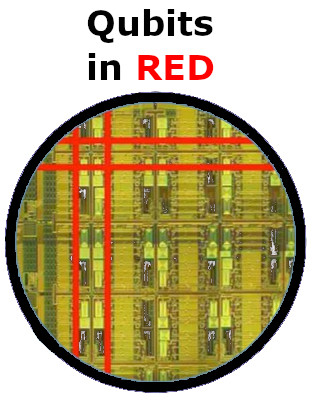
Two of today’s most exciting and promising technologies are artificial intelligence and quantum computing. They have the potential to upend many businesses and offer answers to some of the most challenging problems the world is currently experiencing. Although it is yet too soon to predict when quantum databases and computers will be generally accessible, it is obvious that they have the power to completely transform a number of different industries.
Quantum Computing and AI have a lot of potential to solve complex problems that were previously unsolvable. Numerous and ground-breaking applications exist today, ranging from quantum machine learning to medical discovery. Companies like D-Wave and Rigetti are bringing us closer to that dream of highly efficient centralized processing quantum computers that delivers the next generation of AI. Despite existing constraints on the future potential of quantum computing in AI, as quantum technology advances, there are countless possibilities, and AI looks more promise than ever.

